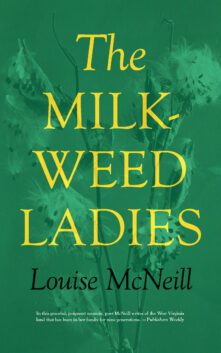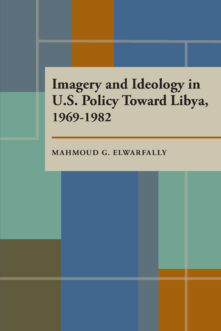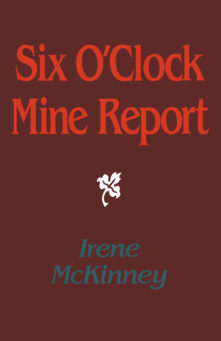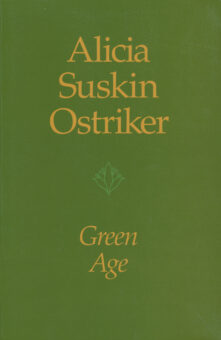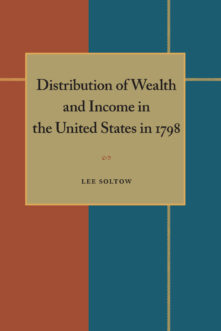Books
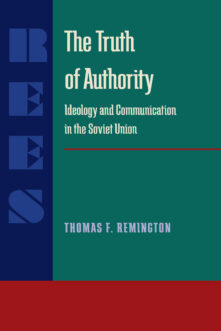
The Truth of Authority
Ideology and Communication in the Soviet Union
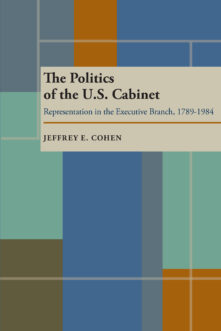
The Politics of the U.S. Cabinet
Representation in the Executive Branch, 1789-1984
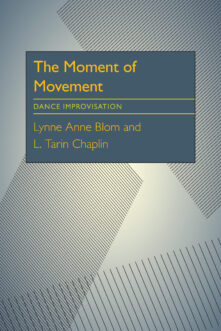
The Moment Of Movement
Dance Improvisation

Woman Of The River
Bilingual edition
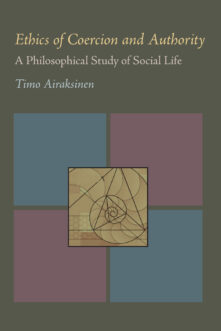
Ethics of Coercion and Authority
A Philosophical Study of Social Life
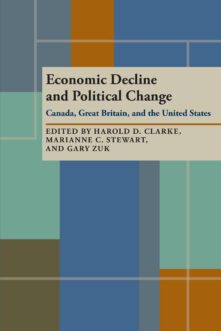
Economic Decline and Political Change
Canada, Great Britain, the United States
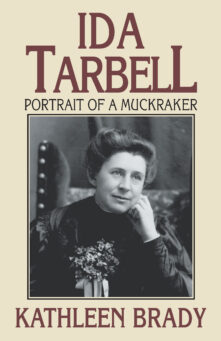
Ida Tarbell
Portrait of a Muckraker
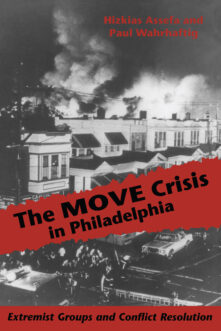
The MOVE Crisis In Philadelphia
Extremist Groups and Conflict Resolution
Total 1558 results found.


